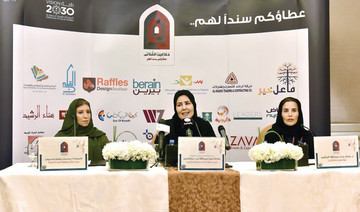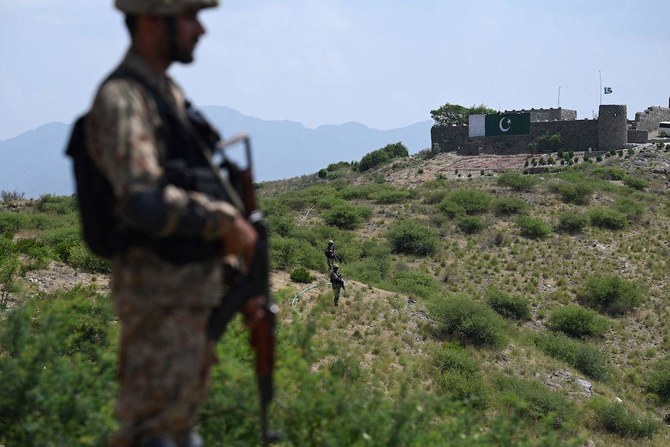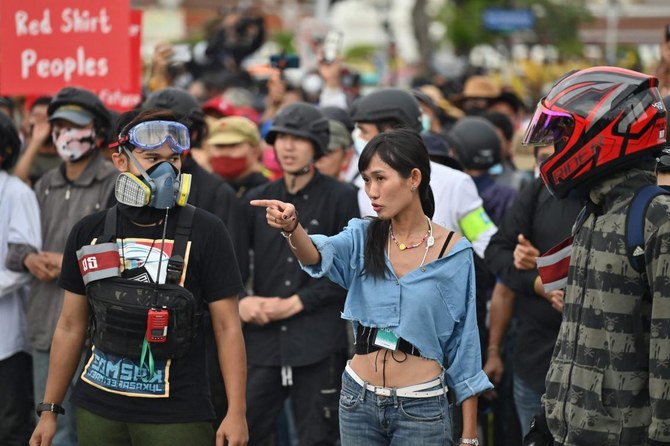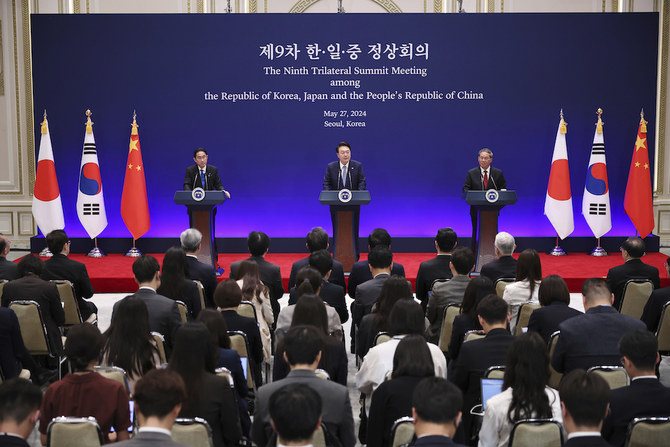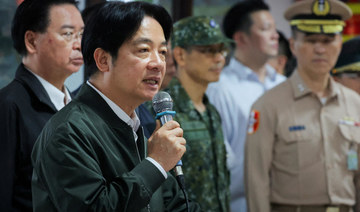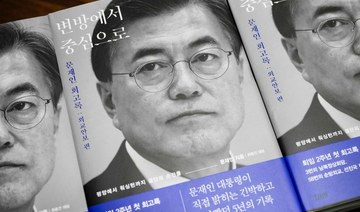WASHINGTON: US Supreme Court Justice Ruth Bader Ginsburg on Friday underwent surgery in New York to remove two cancerous nodules in her left lung, the latest serious health issue experienced by the 85-year-old liberal jurist, a court spokeswoman said.
Court spokeswoman Kathy Arberg said Ginsburg, who previously bounced back from bouts with colon and pancreatic cancer, underwent a procedure called a pulmonary lobectomy on Friday at Memorial Sloan Kettering Cancer Center. Arberg said that according to the thoracic surgeon, Dr. Valerie Rusch, “both nodules removed during surgery were found to be malignant.”
After the surgery, which had been scheduled in advance, there was “no evidence of any remaining disease,” Arberg added.
“Currently, no further treatment is planned. Justice Ginsburg is resting comfortably and is expected to remain in the hospital for a few days,” Arberg said.
Ginsburg, one of the court’s nine justices, broke three ribs in a fall last month. The nodules were found as part of the tests the justice underwent after the earlier fall, Arberg said.
As the oldest justice, Ginsburg is closely watched for any signs of deteriorating health. Ginsburg, appointed by Democratic President Bill Clinton in 1993, is also the senior liberal member of the court, which has a 5-4 conservative majority.
If she were unable to continue serving, Republican President Donald Trump could replace her with a conservative, further shifting the court to the right. A potentially dominant 6-3 conservative majority would have major consequences for issues including abortion, the death penalty, voting rights, gay rights and religious liberty.
“Lung cancer can be an unpredictable disease. Based on the information currently available, Justice Ginsburg’s prognosis is good,” Dr. Leonard Lichtenfeld, acting chief medical and scientific officer with the American Cancer Society, said in an interview.
“It appears that the surgeon saw no other evidence of cancer. What we don’t know is about how large the tumors were. We don’t know the exact location of those tumors. And we don’t know whether or not there was any lymph node involvement. At the time of surgery they may have taken additional specimens and it usually takes a period of time until those specimens are processed,” Lichtenfeld added.
Lymph node involvement “becomes a higher-risk situation,” Lichtenfeld added.
“However, that does not mean patients with lymph node involvement can’t have a good outcome,” Lichtenfeld said. “They certainly can, with treatments that are currently available. Also, the predictability of cancers in patients who are older can be different than in folks who are younger.”
A pulmonary lobectomy involves surgically removing one of the sections of the lung. The left lung has two lobes and the right lung has three lobes.
“Part of the treatment for primary lung cancer that has shown no spread to other parts of the body is to go ahead and resect and remove those cancers through surgery,” Lichtenfeld said, adding that he assumed the doctors used a minimally invasive approach that did not involve a major incision in the chest.
MEDICAL ISSUES
Ginsburg has recovered from previous medical issues. She was treated in 1999 for colon cancer and again in 2009 for pancreatic cancer, but did not miss any argument sessions either time. In 2014, doctors placed a stent in her right coronary artery to improve blood flow after she reported discomfort following routine exercise. She was released from a hospital the next day.
The Supreme Court’s conservative majority was restored in October when the Senate confirmed Trump’s nominee, Justice Brett Kavanaugh, after a contentious nomination process in which Kavanaugh denied a sexual assault allegation dating to the 1980s when he was a high school student.
The justices are scheduled to hear their next round of arguments on Jan. 7.
Ginsburg is considered a hero by many liberals. She has helped buttress equality rights during her time on the high court, including in sex discrimination cases.
In recent years she has become something of a cult figure, particularly on the left, known by the nickname “Notorious RBG,” after the late rapper Notorious BIG.
A documentary film, “RBG,” was released earlier this year. A feature film about her life, “On the Basis of Sex,” is being released in theaters next week.
Ginsburg was the second woman to become a member of the Supreme Court, following Justice Sandra Day O’Connor, who retired in 2006. O’Connor, 88, said in October she is suffering from dementia.
Ginsburg called Trump an egotistical “faker” when he was running for president in 2016. Trump responded by saying her “mind is shot” and she should quit the court. Ginsburg later expressed regret for her comments, saying “judges should avoid commenting on a candidate for public office.”




